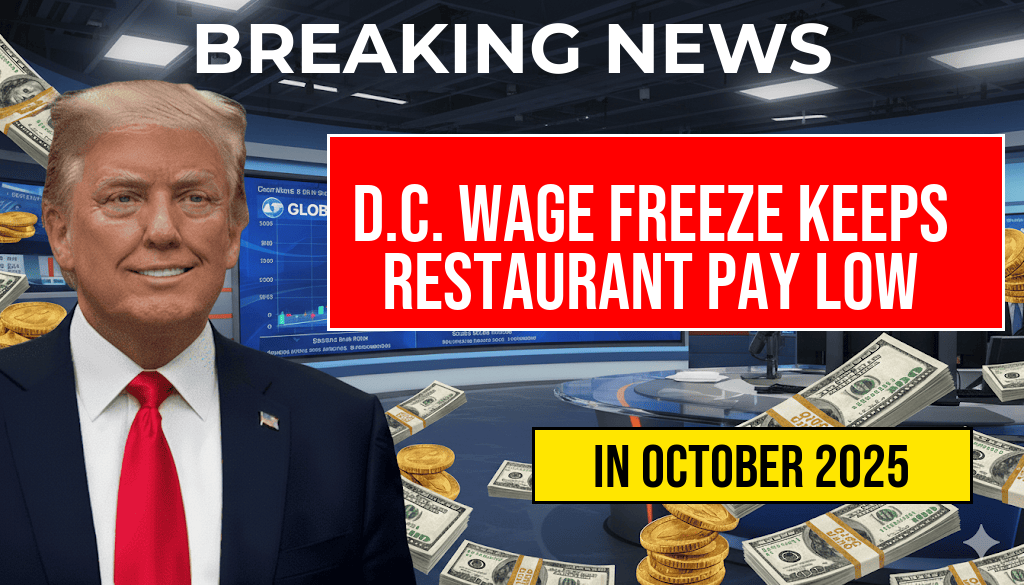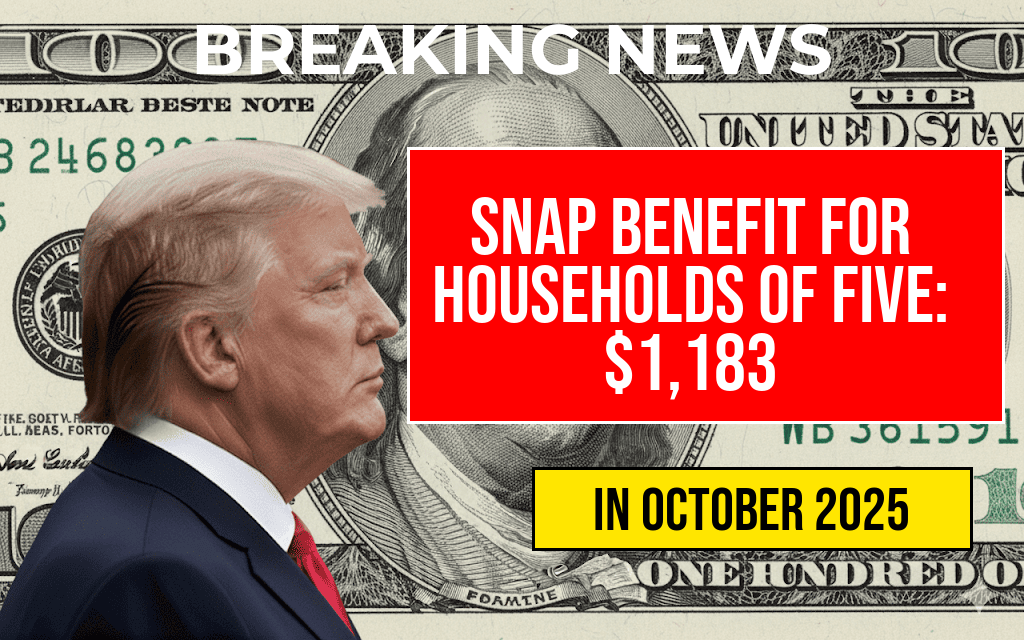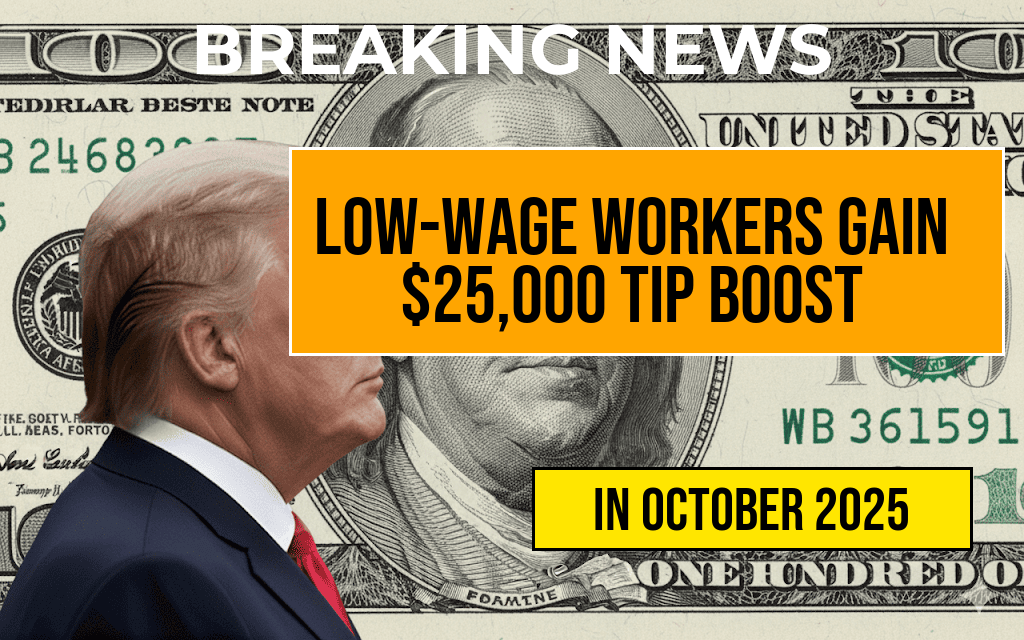The recent decision by Washington, D.C. to maintain its minimum wage for restaurant workers at $10 per hour has sparked debates among industry stakeholders and labor advocates alike. This wage level falls significantly short of the $12 per hour that many believe is necessary to ensure a living wage for employees in the city’s vibrant food service sector. As inflation continues to rise, the implications of this wage freeze could have lasting effects on both workers and the restaurant industry, raising concerns about economic sustainability and employee well-being.
The Current Wage Landscape in D.C.
Washington, D.C. has long been recognized for its progressive labor policies, including initiatives aimed at raising the minimum wage. However, the current wage freeze at $10 per hour, which translates to an annual income of approximately $20,800 for full-time employees, has left many workers seeking better compensation to cope with the rising costs of living.
Comparison to National Standards
| City | Minimum Wage |
|---|---|
| Washington, D.C. | $10.00 |
| New York City | $15.00 |
| Los Angeles | $15.00 |
| Chicago | $15.00 |
Impact on Restaurant Workers
The decision to freeze wages means that D.C. restaurant workers are currently earning $4,160 less than the proposed $12 per hour standard. This gap raises serious questions about the viability of restaurants as a sustainable career path, particularly for entry-level positions that typically attract younger workers or those new to the workforce.
Voices from the Industry
- Labor Advocates: Many labor advocates argue that the current wage is insufficient, especially in a city where the cost of living has soared in recent years. “A $10 wage does not reflect the reality of living expenses in D.C.,” stated Sarah Thompson, a local labor organizer.
- Restaurant Owners: Some restaurant owners have expressed concern about the wage freeze, fearing that it could lead to higher turnover rates as workers search for better-paying jobs elsewhere. “We want to pay our staff fairly, but rising operational costs make it challenging,” said John Miller, a local restaurant owner.
Economic Implications
The implications of the wage freeze extend beyond individual workers. Economists suggest that maintaining a low minimum wage could hinder consumer spending, which is vital for the restaurant sector’s recovery post-pandemic. As workers struggle to make ends meet, discretionary spending on dining out may decline, further affecting the industry.
Future Considerations
As discussions around wage policies continue, several factors will play a crucial role in shaping the future of D.C.’s restaurant industry:
- Inflation Rates: Rising inflation could prompt a reevaluation of wage policies to better align with the cost of living.
- Legislative Action: Future legislation may be introduced to gradually increase the minimum wage, reflecting the needs of workers and the realities of economic conditions.
- Public Sentiment: The opinions of diners and the general public regarding fair wages may influence restaurant policies and practices.
Conclusion: A Call for Change
The wage freeze in Washington, D.C. at $10 per hour remains a contentious issue, highlighting the ongoing struggle for fair compensation in the restaurant industry. As the cost of living continues to climb, the call for a minimum wage increase to $12 per hour grows louder among workers, advocates, and some business owners. The future of the industry may depend on how quickly stakeholders can address these challenges and find common ground.
For more information on minimum wage laws in the United States, you can visit Wikipedia or refer to Forbes.
Frequently Asked Questions
What is the current minimum wage for restaurant workers in D.C.?
The current minimum wage for restaurant workers in D.C. is $10, which is $4,160 short of the proposed $12/hour rate.
Why is there a wage freeze for restaurant workers in D.C.?
The wage freeze is in place to maintain the restaurant base at $10, amid concerns about the economic impact on local businesses.
How does the wage freeze affect employees?
The wage freeze means that employees will not see an increase in their hourly pay, remaining at $10, which may impact their overall earnings.
What are the implications of the wage being below $12/hour?
Being below $12/hour means that workers are likely to face challenges in meeting living expenses, as the wage does not align with the rising cost of living in D.C.
Is there any plan to increase the minimum wage in the future?
While there are discussions around the need for wage increases, any formal plan to raise the minimum wage above $10 has not been established at this time.



